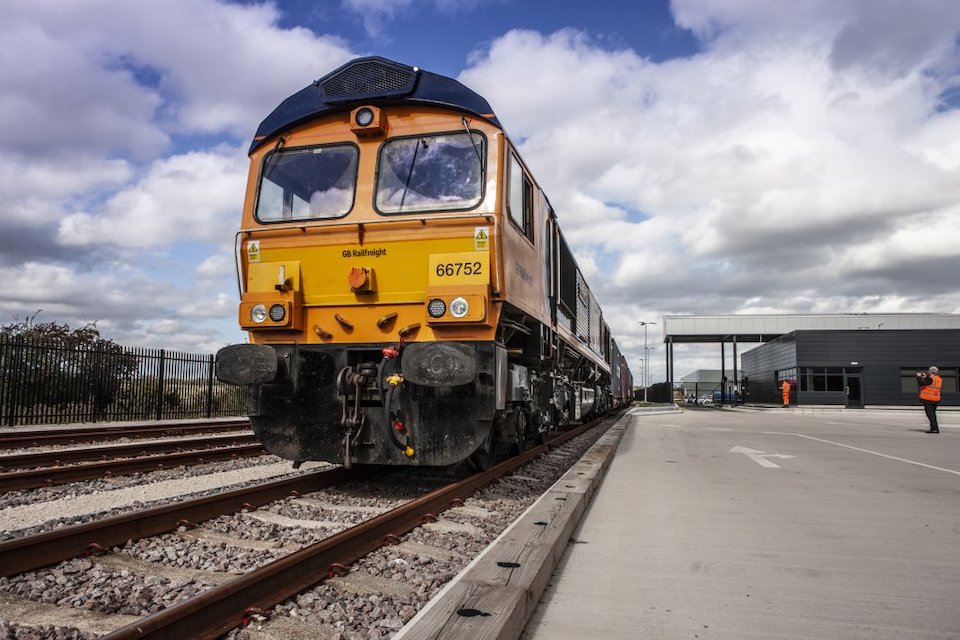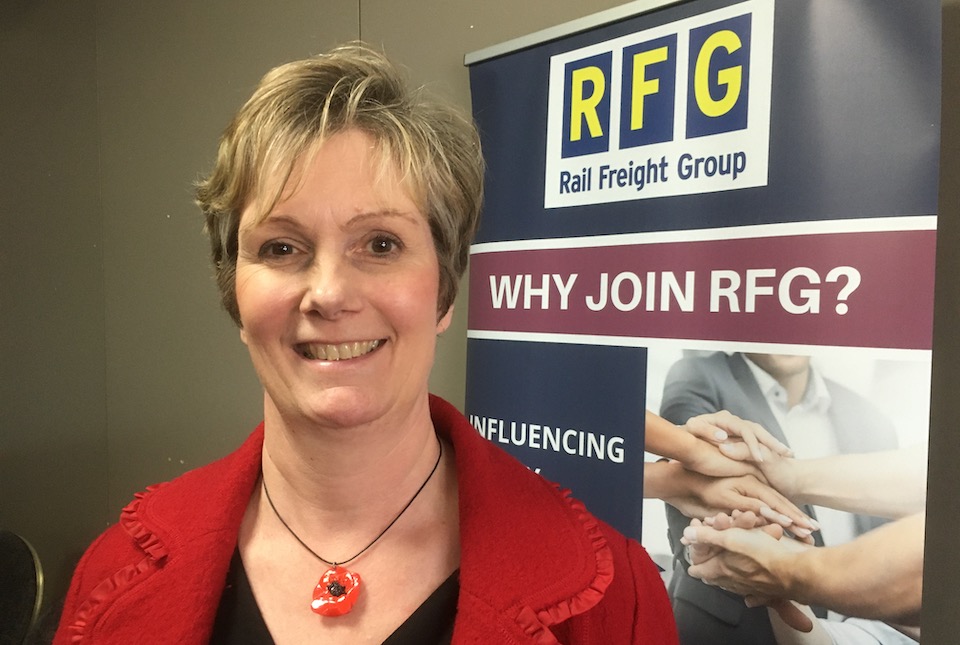Great British Railways can provide more private sector involvement

In just over a year, a new body will take on responsibility for much of the running of Britain’s railways. The chief executive of the Rail Freight Group, Maggie Simpson, believes that bringing the rail network in Great Britain back under public control will provide more opportunities for the private sector to engage with the industry, particularly rail freight. In a recent address to business stakeholders, she said there is a greater role than ever for the private sector in rail freight. She is excited about the prospects ahead.
In late 2023, Great British Railways, the new body formed by the UK government, will take on responsibility for running the infrastructure and passenger operations in England, Scotland and Wales. Observers agree that greater integration should provide more opportunities for supply chain and freight operators to involve themselves in the industry. The ball is in their court to grasp the opportunity.
Customers pressing for more rail
At an industry event last week, organised by Wascosa to celebrate the Swiss leasing agent’s substantive entry into the UK market, Maggie Simpson told an assembly of UK business interests that there was huge excitement about rail freight at the moment. “Businesses across the country are looking to put more of their freight on rail, driven by environmental factors and a desire to be more sustainable”, she said. “The challenges of Covid, Brexit, and global disruption also drive companies to rail freight as they look to different supply routes and seek more resilient solutions.”

There has been sustained growth across many sectors, including intermodal, construction, consumer goods, bulk products, and domestic waste handling, says the Rail Freight Group. There is also evidence that existing customers are pressing to put more of the goods on rail. First-time customers are looking for rail solutions, adding their commercial weight to the argument for opening up new routes.
Many opportunities not yet invented
Simpson says there are several opportunities on the horizon for rail freight operators. She emphasises port traffic, which is still dominated by road operators in many cases, as a primary target. She also cited domestic retail, express freight and parcels as growing sectors.
“There are so many opportunities in new infrastructure and in businesses that haven’t even been invented yet, such as Giga factories for batteries and moving bulk hydrogen by train”, said Simpson. “Freight operators, customers, ports and terminals are already investing heavily, but they need the partners to share the risk and support them on that journey.”
More, more, more – drivers, terminals, equipment
Maggie Simpson is confident that the rail freight industry can rise to meet the challenge, but not alone. “To meet this demand and delight new customers, the rail freight industry has to grow sustainably”, she said. “We need more locomotives, more drivers, more terminals, more handling equipment, add perhaps most importantly more wagons”, she added, with a nod to the entry of Wascosa into the UK market – who are currently delivering a Greenbrier-built fleet of infrastructure rolling stock to Network Rail.
“Rail freight also has to modernise how it works – with more innovation, lower carbon products and greater digitisation”, said Simpson. The last comment pre-empting the government announcement of the green light for just such a project on the East Coast Main Line between London, Leeds and Edinburgh. “There is a greater role than ever for the private sector in rail freight. I am really excited about the prospects ahead.”
You just read one of our premium articles free of charge
Want full access? Take advantage of our exclusive offer





A symbios, yes, .still however respective responsibility has to be crystal clear.
At both parties, interest of clients, ware owners etc. has to rule. (It is 2022 now and quality matters, more than ever.
Among ware owners, just a minority afford the luxury of not caring about JIT, etc.) For sake of a market developing, robustness, resilency, etc., has to be ensured. Currently added capacity is needed. At any investment, reinvestment, etc. 70 kip axial load safely shall be provided for, etc.